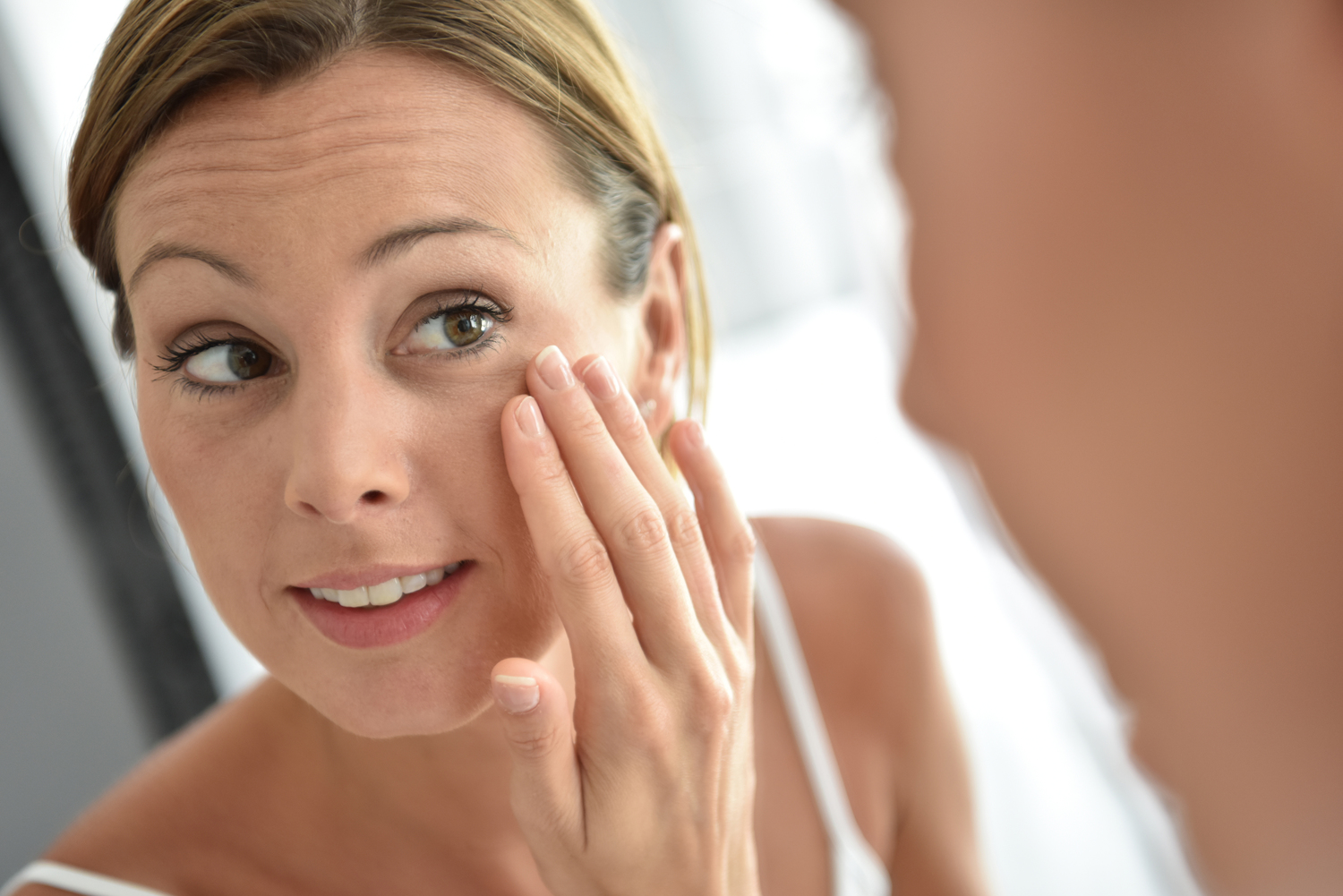
Common Causes of Dry Eyes
Dry eyes, known medically as keratoconjunctivitis sicca, are a nuisance at best, and can cause a number of issues for anyone experiencing this problem, from eye infections to damage on the surface of the eyes. Dry eyes occur when a person is unable to produce enough natural tears. When eyes are excessively dry, they can start to feel scratchy and painful. Then, when there are natural tears present, the saltiness causes burning in the eyes, resulting in an overproduction of tears.
The root cause of dry eyes should be determined before a course of action is taken. Common causes of dry eyes include the following:
1. Aging
Unfortunately, there is nothing we can do to prevent aging. It happens to everyone. As we age, our eyes don’t produce natural tears as easily, which can lead to dry eyes.
2. Medical conditions
Certain medical conditions, such as diabetes, thyroid disorders, Sjogren’s syndrome, rheumatoid arthritis, scleroderma, lupus, and vitamin A deficiency can cause dry eyes. Someone with chronically dry eyes could potentially link this problem to another medical condition they might have been diagnosed with.
3. Certain medications
When someone starts a new medication and suddenly begins experiencing dry eyes, it could be linked to the new medication. Examples include birth control, antihistamines, hormone replacement therapy, decongestants, antidepressants, acne medication, drugs for high blood pressure, and Parkinson’s disease treatments.
4. Laser eye surgery
This procedure to correct vision can be a cause of dry eyes for many. Fortunately, this side effect is usually only temporary.
5. Tear gland damage
Sometimes, the tear glands can become damaged due to inflammation or radiation. Tear gland damage can lead to dry eyes.
6. Increased tear evaporation
When tears evaporate at an increased rate, dry eyes can occur. Common causes of increased tear evaporation include environmental changes, such as wind, smoke, or dry air (particularly in the winter); blinking less often, which occurs while reading, driving, or working at a computer; and eyelid problems, such as out-turning of the lids (ectropion) or in-turning of the lids (entropion).
To treat dry eyes, consult with a physician to determine the root cause of the dry eyes before determining a course of treatment. Common ways of treating dry eyes include:
- Dry eye prescription treatments (i.e., eye drops)
- Increasing moisture in the environment with a humidifier
- Avoiding air blowing in the eyes
- Wearing wraparound sunglasses or protective eyewear
- Taking breaks from computers, reading, or other tasks that cause less blinking
- Avoiding smoke, including stopping smoking
- Positioning the computer screen below eye level
- Using eye drops as needed
- Holding a warm, damp cloth over the eyes to rehydrate them
Dry eyes are a common problem among many, and they can be caused by a number of factors. Fortunately, they are usually easy to treat at home with eye drops, dry eye prescription treatments, and natural home remedies.



